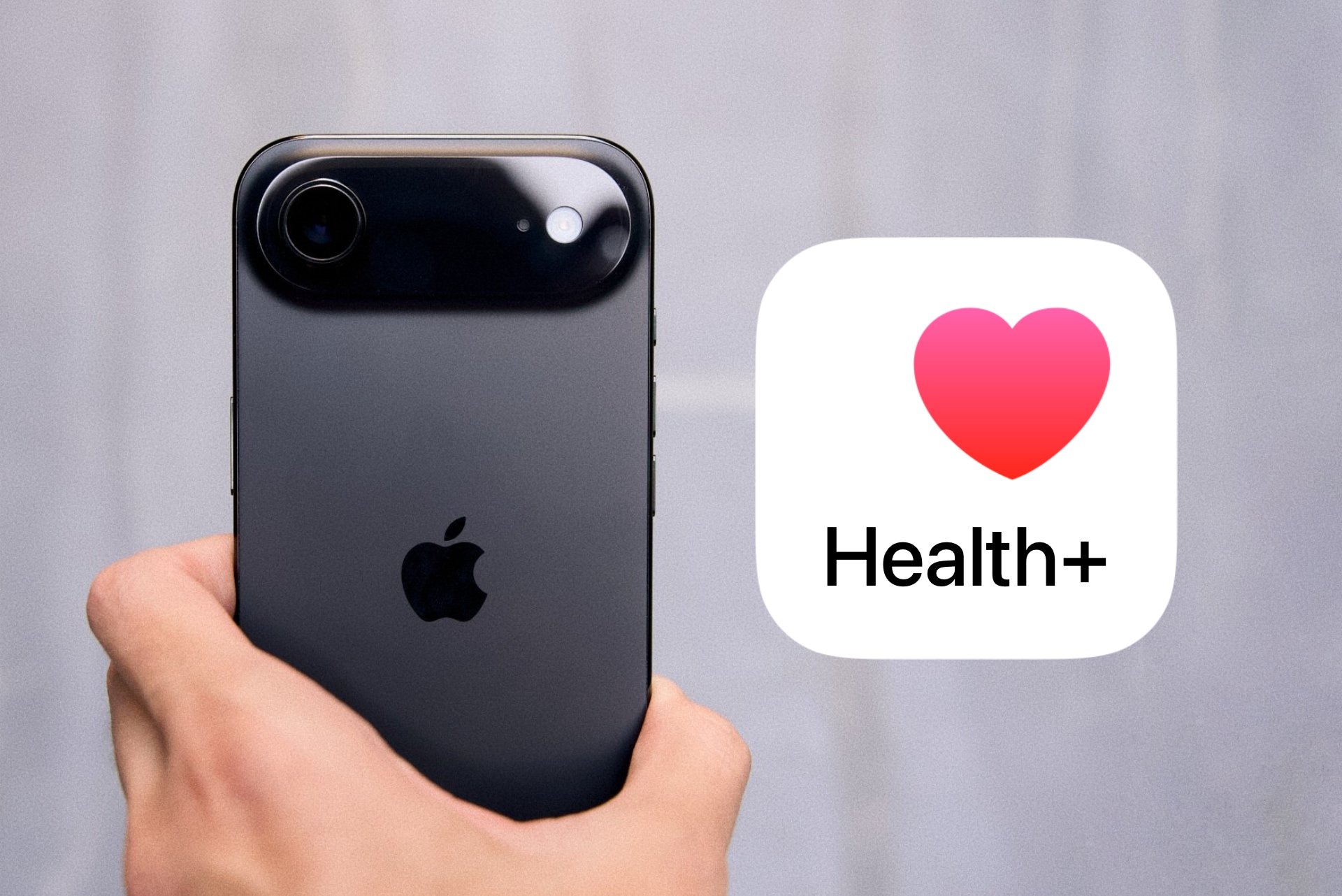Smartphones are like virtual wallets that store valuable data for many of us, but this can be risky. Scammers and hackers may try to access your personal information. What data should you avoid storing on your smartphone?
-
Passwords: Saving your passwords on your smartphone is not the most secure idea. If your device is stolen or hacked, attackers can access your accounts. It is better to use password managers that store passwords in encrypted form.
-
Banking details and PINs: Never store this information on your phone, especially if you use mobile banking. Remember this or use secure password management practices.
-
Home Address: Get rid of your home address information to prevent scammers from tracking you or even invading your home.
-
Location services: Turn off some apps because they may broadcast your location without your permission. This may pose a threat to your privacy.
-
Photos of documents: Do not keep photos of your documents as they can be a source of fraud. If necessary, use them only for the duration of authentication.
-
Social media login: Your public social media accounts can become a security vulnerability. Log out or add an extra layer of security to prevent unauthorized access.
-
Personal photos and videos: Delete or store sexually explicit material in secure folders. This will help prevent possible blackmail.
Complying with these precautions will help protect your personal data and privacy from unwanted events.
Source: Ferra
I am a professional journalist and content creator with extensive experience writing for news websites. I currently work as an author at Gadget Onus, where I specialize in covering hot news topics. My written pieces have been published on some of the biggest media outlets around the world, including The Guardian and BBC News.










